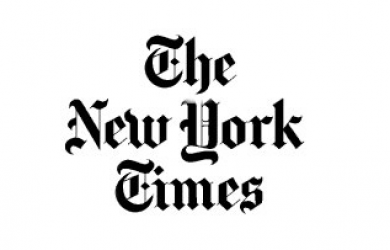Why The Great War Matters
" It must be a peace without victory...Victory would mean peace forced upon the loser, a victor's terms imposed upon the vanquished. It would be accepted in humiliation, under duress, at an intolerable sacrifice, and would leave a sting, a resentment, a bitter memory upon which terms of peace would rest, not permanently, but only as upon quicksand. Only a peace between equals can last."
President Woodrow Wilson - 22 January 1917
From 2013 to 2019, the World War One Centennial Commission and its partners will commemorate the centennial of the Great War, when more than 4,000,000 men and women from the United States served in uniform during World War One, among them 2 future presidents, Harry S. Truman and Dwight D. Eisenhower. Two million individuals from the United States served overseas during World War One, including 200,000 naval personnel who served on the seas. The United States suffered 375,000 casualties during World War One, including 116,516 deaths. The centennial of World War One offers an opportunity for people in the United States to learn about and commemorate the sacrifices of their predecessors, and to understand how the events of 100 years ago have affected our nation, its people, and the world ever since.

World War One: The War That Changed Everything

A War to End All Innocence: The Enduring Impact of World War One

Still in the grip of the Great War: the defining event of the 20th century

100 Years Legacies: The Lasting Impact of World War One

World War One is Key for U.S. Foreign Policy